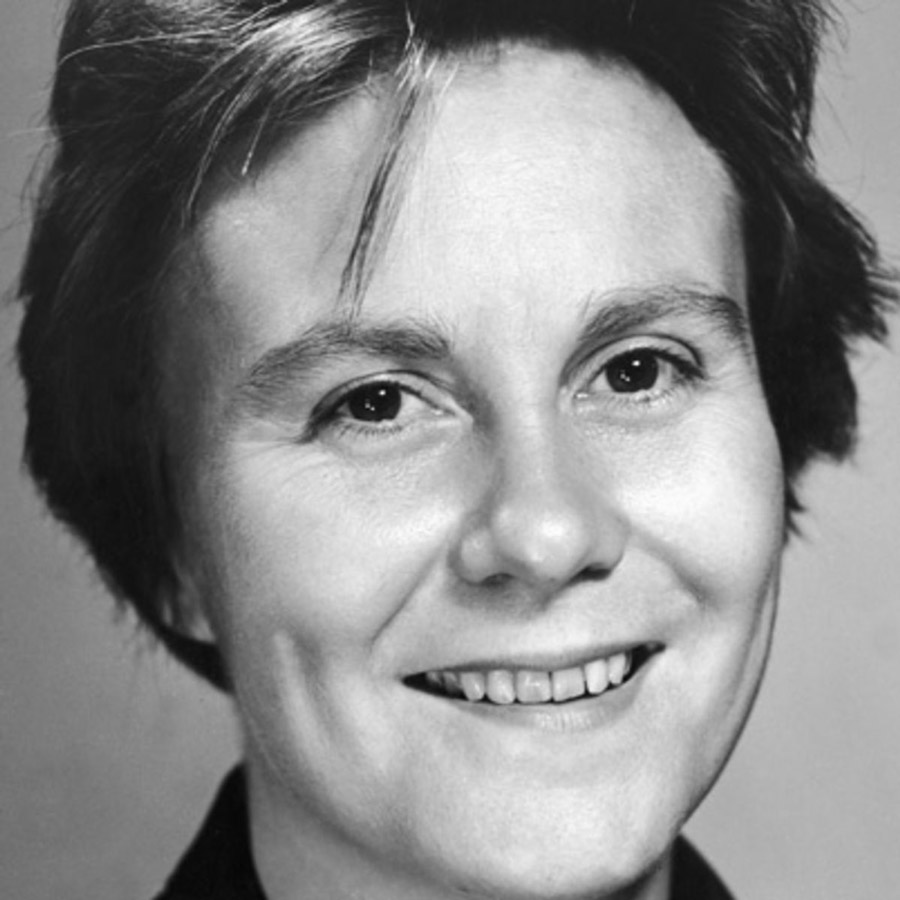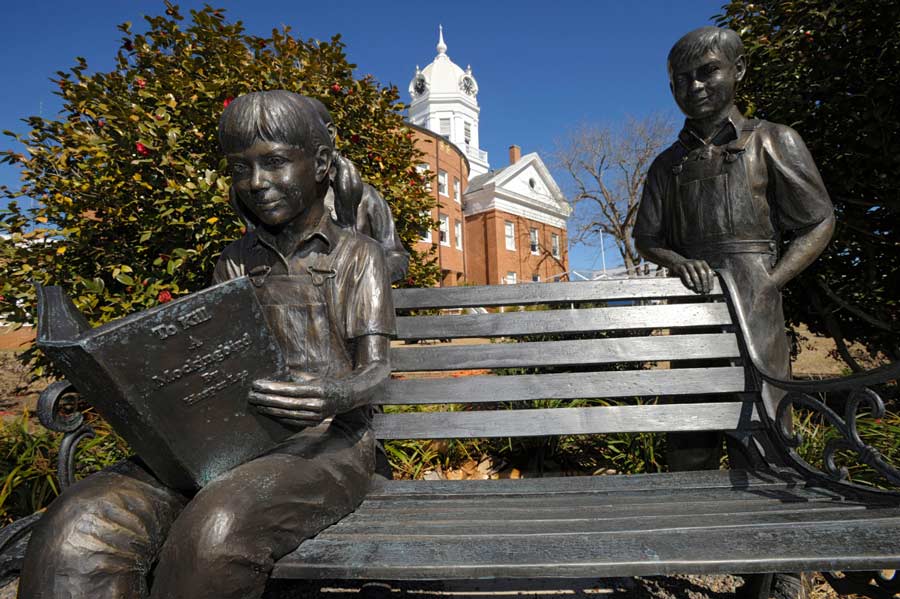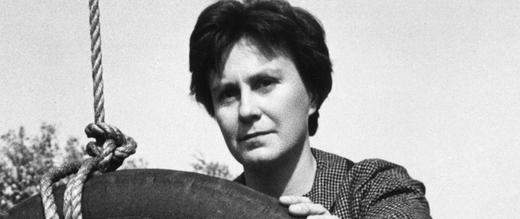The views expressed in our content reflect individual perspectives and do not represent the authoritative views of the Baha'i Faith.
I beg of God to strengthen these spiritual bonds as day followeth day, and make this mystic oneness to shine ever more brightly, until at last all shall be as troops marshalled together… within the sheltering shade of the Word of God; that they may strive with all their might until universal fellowship, close and warm, and unalloyed love, and spiritual relationships, will connect all the hearts in the world. Then will all humankind, because of this fresh and dazzling bounty, be gathered in a single homeland. Then will conflict and dissension vanish from the face of the earth, then will mankind be cradled in love for the beauty of the All-Glorious. – Abdu’l-Baha, Selections from the Writings of Abdu’l-Baha, p. 19.
Somber clouds promising a violent storm surrounded me as I stood over the freshly-dug earth, memorializing a life remembered and a powerful story not to be forgotten. A large single bouquet plus one solitary carnation marked the spot. There were no lines of people and no heartfelt notes. Only the sky called out in quiet anguish. Had nothing changed?

Today—April 28, 2016—would have been Harper Lee’s 90th birthday.
Harper Lee passed away on a Friday, and they held her small private funeral on Saturday. Driving nearby on Monday I wanted to stop and pay my respects. Like most people, her story had a profound effect on the way I thought of the oneness of humankind.
I originally read To Kill a Mockingbird during the Thanksgiving weekend in 1966. It was supposed to take four weeks in class, but the book captured my imagination and I literally could not put it down. I do remember a project I did in relation to the book—I created a map of the town based on the descriptions in the book. My English teacher must have liked it, because she still displayed the map at open house five years later.
After such a project I always felt curious to see the life of the people in Harper Lee’s hometown. But as my wife and I approached the town—Monroeville, Alabama—we couldn’t spot any sign that anything unusual had happened. No boards with messages, no tributes, no banners of grief. The local museum did have two black bows on the doors. The steps up held a single small vase of flowers. When I asked the museum guide if there were any special remembrances planned all I received was a curt “No.”
The local bookstore featured no books on Lee. Only Monroeville’s other native author, Truman Capote, was given space. Ironically, Capote thanked Harper Lee in the introduction to In Cold Blood for helping him with his research.
We saw no centers for racial dialogue, and no acknowledgement of the profound influence Lee’s one story had on so many millions of readers. As a nation and as a world, we could have taken the lessons of courage and truth from that story as a way to transform our own lives. Instead, a great opportunity for enlightenment had passed us by.
Then it hit me. Little had changed in this small Alabama town over the last 50 years since the publication of To Kill a Mockingbird. As much as we like to see progress, the heart is our last line of defense. This town, I thought, seemed relieved that its greatest detractor was finally put to rest. If your town is identified in a story of injustice, bigotry and racism, you could either work to correct that impression or you might want to erase that memory as soon as possible. I pictured Monroeville as a center of enlightenment, but perhaps the locals saw it as the victim of a cruel hoax.

A bronze statue of a young girl reading “To Kill a Mockingbird,” in Monroeville, Alabama. Photograph by G. M. Andrews
While we walked along Monroeville’s quiet streets the skies darkened further, and we received word of pending tornadoes. We quickly left town, but will never forget that brief impression. Much like Brigadoon it receded into a fog of darkness, only to come alive in another fifty years. Hopefully, next time we all will have evolved—as the Baha’i teachings suggested in the 1940s, remedying racism “while there is yet time:”
No less serious is the stress and strain imposed on the fabric of American society through the fundamental and persistent neglect, by the governed and governors alike, of the supreme, the inescapable and urgent duty — so repeatedly and graphically represented and stressed by Abdu’l-Baha in His arraignment of the basic weaknesses in the social fabric of the nation — of remedying, while there is yet time, through a revolutionary change in the concept and attitude of the average white American toward his Negro fellow citizen, a situation which, if allowed to drift, will, in the words of Abdu’l-Baha, cause the streets of American cities to run with blood… – Shoghi Effendi, Citadel of Faith, p. 126.

















Comments
Sign in or create an account
Continue with Facebookor